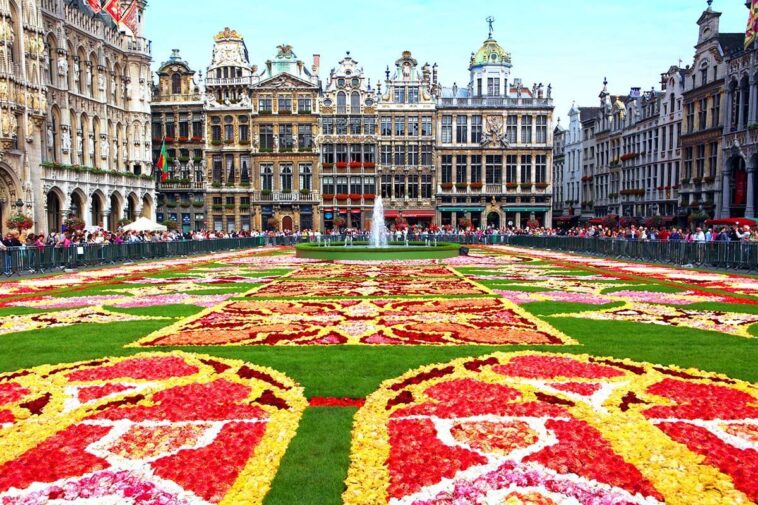Undoubtedly, Belgium is one of the most unique countries in all of Europe, it’s relatively small but is packed with plenty of culture and a diverse population that helps it stand out. If you’re traveling to this western European country you may want to get acclimated to some of the customs and culture before finding a Brussels luggage storage location to drop off your stuff. Luckily, we have a general overview to understand Belgium’s customs and culture, the only thing you may need help with is deciphering road signs if you drive.
Belgium’s Languages
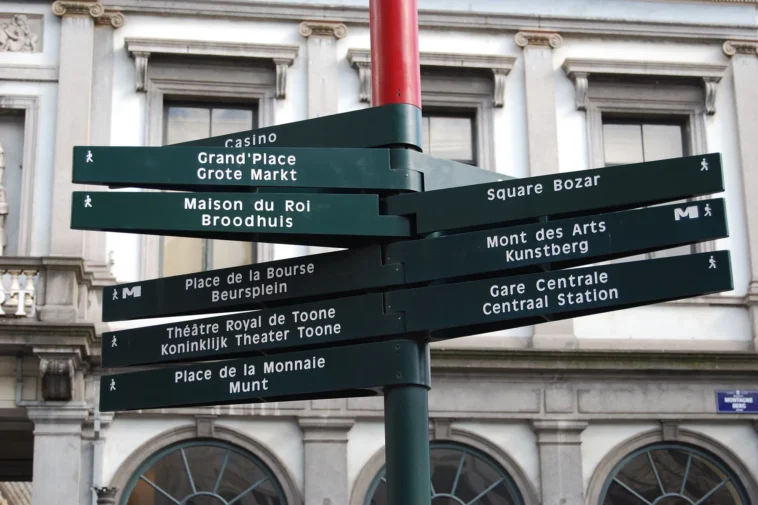
Located in Western Europe, Belgium sits on the North Sea and is bordered by the Netherlands to the north, Germany to the east, Luxembourg to the southeast, and France to the south. With these neighbors come the various regions of Belgium that are separated mostly by language, and in general the two main linguistic rivals; Flemish and French. Most people in Belgium speak English to a certain extent so you may not have an issue finding Brussels luggage storage during your trip, but when it comes to reading signs for roadways, trains, attractions, or even menus; you may find yourself needing a translator if you venture off too far.
An Urban Country
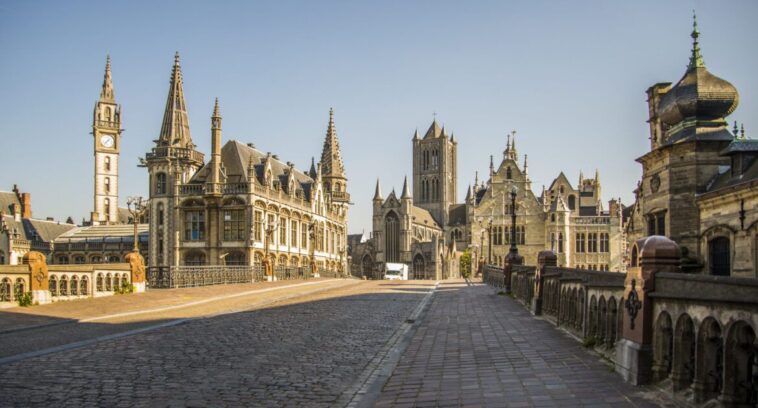
Belgium is highly urbanized and is the sixth most densely populated country in Europe, the country’s main cities like the capital of Brussels, Liege, Ghent, Antwerp, and Bruges contain most of the 11.5 million people. With a country built on small to medium, medieval-style cities, it’s safe to say that most people get around by a well-developed public transportation system, so a car isn’t needed. Being a densely populated country full of cities would probably raise a red flag for crime, but luckily Belgium is relatively safe with only common issues like pickpocketing being prevalent in certain areas, so find a Brussels luggage storage location to secure your bags before heading off to Grand-Place.
Belgian Food
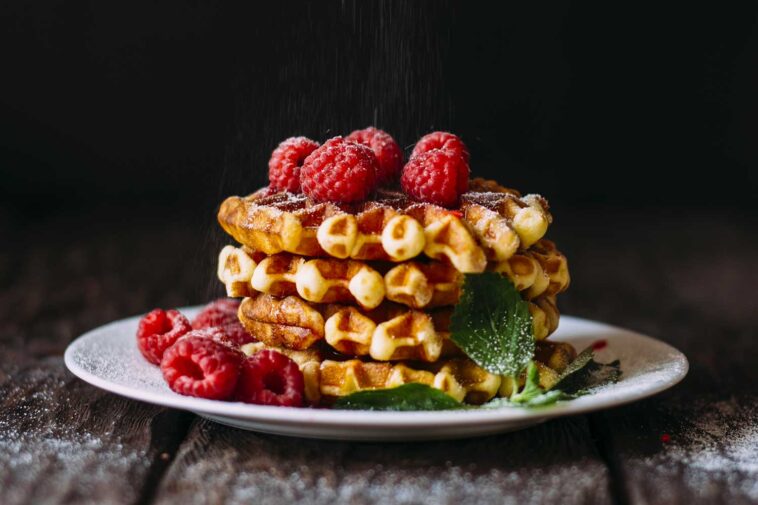
To foodies, Belgium is a haven for all of the finer things in life; if by finer things you mean chocolate and pomme frites. Pomme frites are what we commonly refer to as French fries or just fries, they are a staple to almost every easy Belgia meal, and are generally served with mayonnaise, not ketchup. Mussels are also wildly popular and can be found served with fries in high-end restaurants, food stalls, or corner-side cafes overlooking a city square.
If you’re a fan of sweets you may have heard that Belgium is home to some very delicious waffles, they’re fluffy and sometimes cooked with sugar pieces inside for added texture, and if you’re in Liege ask for Speculoos spread which is made from the cookie of the same name; delicious. Chocolate is also a major part of Belgian economics and has been for well over a century, although chocolate is harvested from different parts of the world, Belgium has some of the best high-end chocolate producers that have made it an important commodity.
Beer
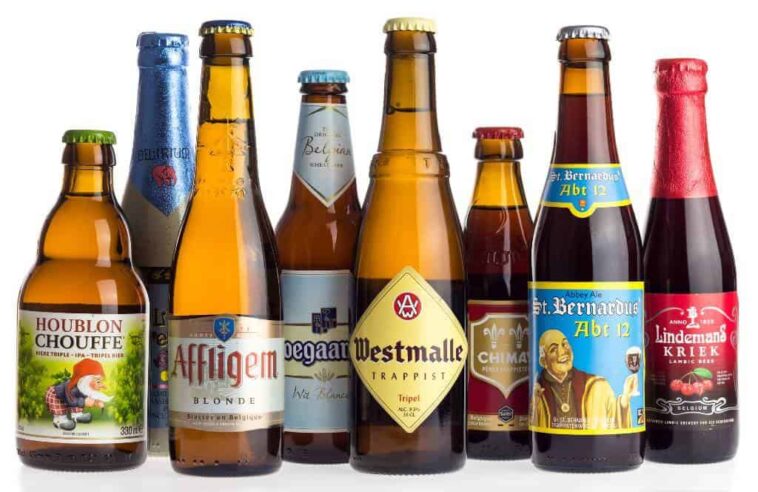
Did you know that Belgium has over 3000 different beers that are made by almost 300 breweries scattered throughout the country? Belgium is big on beer and have been producing it since medieval times, with Trappist beers being one of the most prestigious types as it is brewed by Trappist monks. Other beers commonly found in Belgium are Abbey, pilsner, bock, blonde ale, lambic, double, tripel, flemish red, saison, and many others; all of them delicious to those who seek them. Beer is engrained into Belgian culture, so much so that throughout the year there are dozens of large festivals for people to attend, just another reason to visit for some.
Belgian Traditions and Holidays
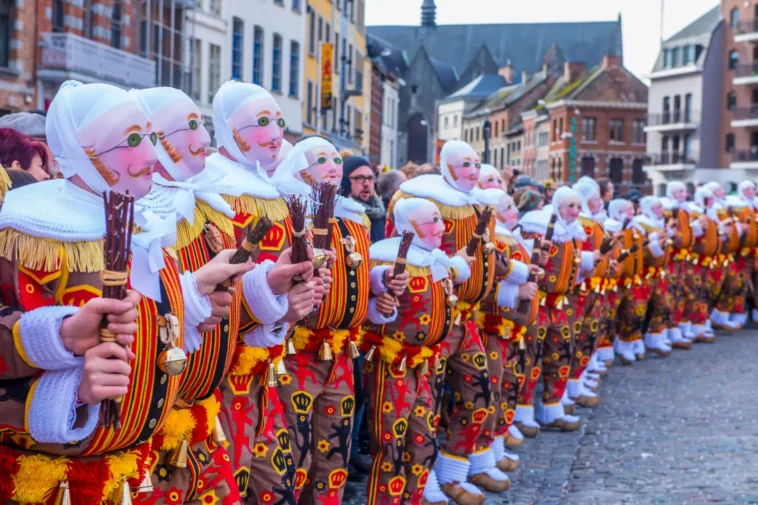
Belgium has plenty of traditions and holidays, mostly based on folklore and the Roman Catholic church. While most places are closed on Sundays, you’ll often find yourself walking into a full-blown parade like that of the Carnival de Binche, La Doudou, and Ducasse d’Ath to name a few. It’s best to read further on these and attend them to get that true Belgian experience.
What to Do
In general, things to do or consider when in Belgium are:
- Bring change and cash, public restrooms are often not free.
- Extend a hand for a handshake, but Belgians often greet by kissing cheeks.
- Pack clothing for rain, the weather is generally not very hot but has high levels of precipitation throughout the year.
- Finish all of your food.
- Use small talk before getting down to business.
- Speak English when in doubt.
What Not to Do
- Tipping is not necessary, most restaurants charge a gratuity fee as a standard.
- Littering is a big no-no.
- Avoid Taxis, they are extra expensive.
- When visiting someone’s home do bring flowers, just not chrysanthemums which symbolize death.



